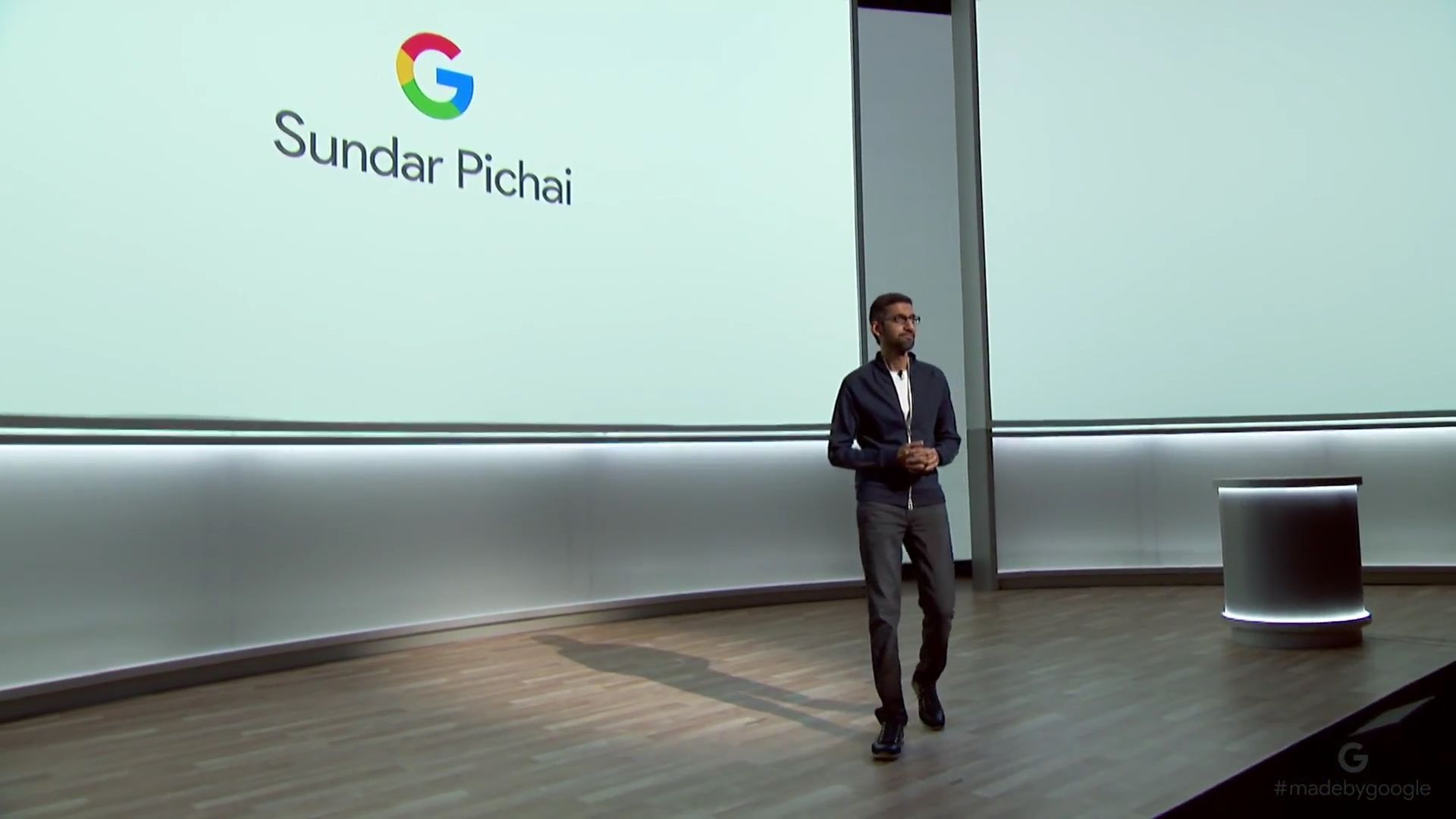Introduction:
In a watershed moment for the tech industry, Google has achieved a staggering market capitalization of $2 trillion, a historic milestone that firmly cements its status as one of the most influential and valuable companies in the world.
This extraordinary accomplishment not only underscores Google’s unparalleled success but also highlights the enduring power of innovation and adaptability in today’s digital age.
Follow us on Linkedin for everything around Semiconductors & AI
The Journey to $2 Trillion:
Google’s ascent to a $2 trillion market cap is the culmination of a remarkable journey that began in a humble garage in Menlo Park, California, in 1998.
Co-founders Larry Page and Sergey Brin embarked on a mission to organize the world’s information and make it universally accessible and useful, laying the foundation for what would become one of the most iconic companies of the 21st century.
From its inception, Google’s relentless focus on innovation and its unwavering commitment to solving complex problems have propelled it to unprecedented heights.
Read More: Top 10 EV Battery Suppliers in 2024 – techovedas
Key Factors Driving Growth:
Several key factors have contributed to Google’s meteoric rise and its attainment of the $2 trillion market cap milestone:
Core Products and Services:
Google’s core products, including its flagship search engine, Gmail, Google Maps, and YouTube, have become indispensable tools for billions of users worldwide.
These platforms not only generate substantial advertising revenue but also serve as gateways to other Google services, fostering user engagement and loyalty.
Read More: Did You Know that Intel has a Podcast about Transformative Technology – techovedas
Advertising Dominance:
Google’s advertising business, powered by its sophisticated advertising platform Google Ads, remains a cornerstone of its revenue stream.
Additionally, the company’s ability to deliver targeted, relevant ads to users based on their search queries and browsing behavior has made it the undisputed leader in the digital advertising space, capturing a significant share of global ad spending.
Cloud Computing and Enterprise Solutions:
Google Cloud Platform (GCP) has emerged as a formidable player in the cloud computing market, providing a wide range of infrastructure, platform, and software services to businesses of all sizes.
With a focus on innovation, security, and scalability, GCP has attracted a diverse clientele and positioned Google as a major competitor to industry incumbents such as Amazon Web Services and Microsoft Azure.
Read More: 5 Reasons Why Semiconductor Business is So difficult? – techovedas
Investments in AI and Machine Learning:
Google’s deep investments in artificial intelligence (AI) and machine learning have yielded transformative technologies that power many of its products and services.
Moreover, voice assistants and smart speakers to image recognition and natural language processing, AI-driven innovations have enhanced user experiences and enabled Google to stay ahead of the curve in a rapidly evolving technological landscape.
Hardware and Other Ventures:
Google’s expansion into hardware, including smartphones (Pixel), smart speakers (Google Home), and wearables (Fitbit), has diversified its product portfolio and extended its reach into consumers’ everyday lives.
Additionally, the company’s ventures into areas such as autonomous vehicles (Waymo), life sciences (Verily), and urban innovation (Sidewalk Labs) reflect its ambitious vision for the future and its willingness to explore new frontiers.
Read More: TSMC Shatters Moore’s Law: Announces A14 Chip Production Launching the Angstrom Age – techovedas
Implications and Future Outlook:
Google’s achievement of a $2 trillion market cap carries profound implications for the broader tech industry, financial markets, and the global economy.
Furthermore, it underscores the growing influence of big tech companies and their pivotal role in driving innovation, economic growth, and societal change.
However, it also raises concerns about market concentration, data privacy, and the ethical implications of technology’s pervasive influence.
Looking ahead, Google faces both immense opportunities and challenges as it navigates an increasingly complex and competitive landscape.
The company’s continued success will depend on its ability to innovate, such as adapt to evolving market dynamics, and maintain the trust and confidence of users, regulators, and stakeholders.
By staying true to its core values of “organizing the world’s information and such as making it universally accessible and useful,” Google can continue to shape the future of technology and positively impact the lives of people around the globe.
Read More: AMD & Arm’s Versal Gen 2 AI SoCs: Revolutionizing Embedded AI Efficiency – techovedas
Conclusion:
Google attainment of a $2 trillion market cap is a testament to its enduring legacy of innovation, entrepreneurship, and societal impact.
From its humble beginnings as a search engine startup to its current stature as a global technology powerhouse, such as Google has reshaped the way we connect, communicate, and conduct business in the digital age.
As it embarks on the next phase of its journey, Google remains committed to pushing the boundaries of what’s possible and building a better, more connected world for generations to come.




